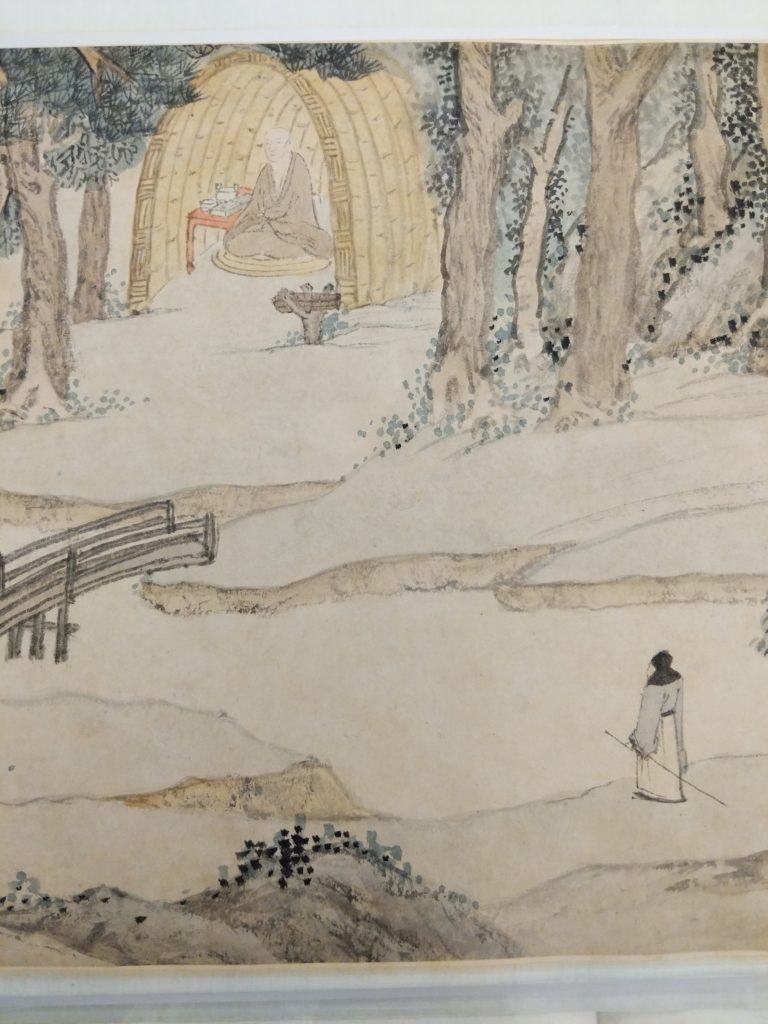Isaac Jullien From Being to Living London: Sage 2020. Reviewed by Ge Zheng.
In Francois Jullien’s view, the confrontation between China and the West is one of the greatest contemporary problems. In this book, the author uses the philosopher’s angle of observation to simultaneously infer Chinese and classical European culture using 20 groups of oppositions to hold a comparative conversation and exchange. The history of two different ways of thinking of human beings are slowly displayed in front of readers with the comparisons. Jullien is preoccupied European philosophical problems, to which he gains insight by refracting them through Chinese philosophy. But in this book, he doesn’t simply compare because he has an emphasis on the foundation of European tradition. The author uses Chinese thought as a tool for philosophical research to break away from the constraints of the traditional ideological system, explaining the existence of differences in the encounters and collisions. He skillfully merges and analyzes Sinology and Western philosophy. If we see from the cultural explanation of Jullien, we can catch inspirations from the mutual interpretation. From the very start, European focus on the individual rights but the Chinese put individuals under a whole, like a family, then to a system and a country. This is why the Western tradition gives much more concern about Being when Chinese try to keep pursuing Living completely. Jullien uses the Western way of thinking to look for the philosophical horizons of Eastern life. From the perspective of Eastern thinking, he tried to discover the unthinking boundaries of the West. We can find that the distance and gap are not the original meaning in this book. It is more like a zone and space inspired by the fusion of two cultures.

Translation is a broad problem for Jullien. On one hand, he is translating between two cultural canons. Jullien compares European and Chinese classical cultures using pairs of terms. For example “Reliability vs. Sincerity,” “Propensity vs. Causality,” “Tenacity vs. Will,” “Between vs. Beyond.” However these are European in their significance or the pairing is important to Jullien, rather than being significant in Mandarin thought. Some of them are synonyms but most are not. They are obviously not direct contrasts but the use of “versus” is misleading. To this Chinese reader, this makes Jullien difficult to read back into a Chinese context. Even if there has been a translated version of this book in Mandarin (《从存有到生活:欧洲思想与中国思想的间距》, Shanghai, 2018), it seems like a traditional western philosophical critical book. In contrast to other texts, such as Augustin Berque’s (Thinking Though Landscape, 2013) work on Asian landscapes, From Being to Living includes Mandarin characters but some of them are without full citations, making it difficult to understand the context of the Mandarin ideas, even for a Chinese reader. If he puts the original Chinese concept words to make a contrast in the title of every part, the situation would be better. On the other hand, English readers confront a translation that is mediated through French. In addition, some of the contrasting pairs jar with the other terms: “Non-postponement vs. Delaying knowledge” are particular problems when translated into Chinese “不拖延vs. 懂得稍后再做”. The translation is weird in both English and Chinese, no matter in meanings or syntax.
Jullien mentions about the Mountains and Rivers Paintings times to explain the Chinese way of thinking which lead to a natural method to live in the world without finding a certain significance or conclusion of the material reality. Readers can get more details and views of the Chinese art of the unique culture in another book by Jullien, The Great Image Has No Form (Chicago, 2012). Overall, this book is a new vision and attempt on philosophical thinking that is standing on the shoulders of two giant thoughts, allowing the eastern and western cultures to irrigate each other in the gap.
Ge Zheng (University of Alberta and Sechuan University)
